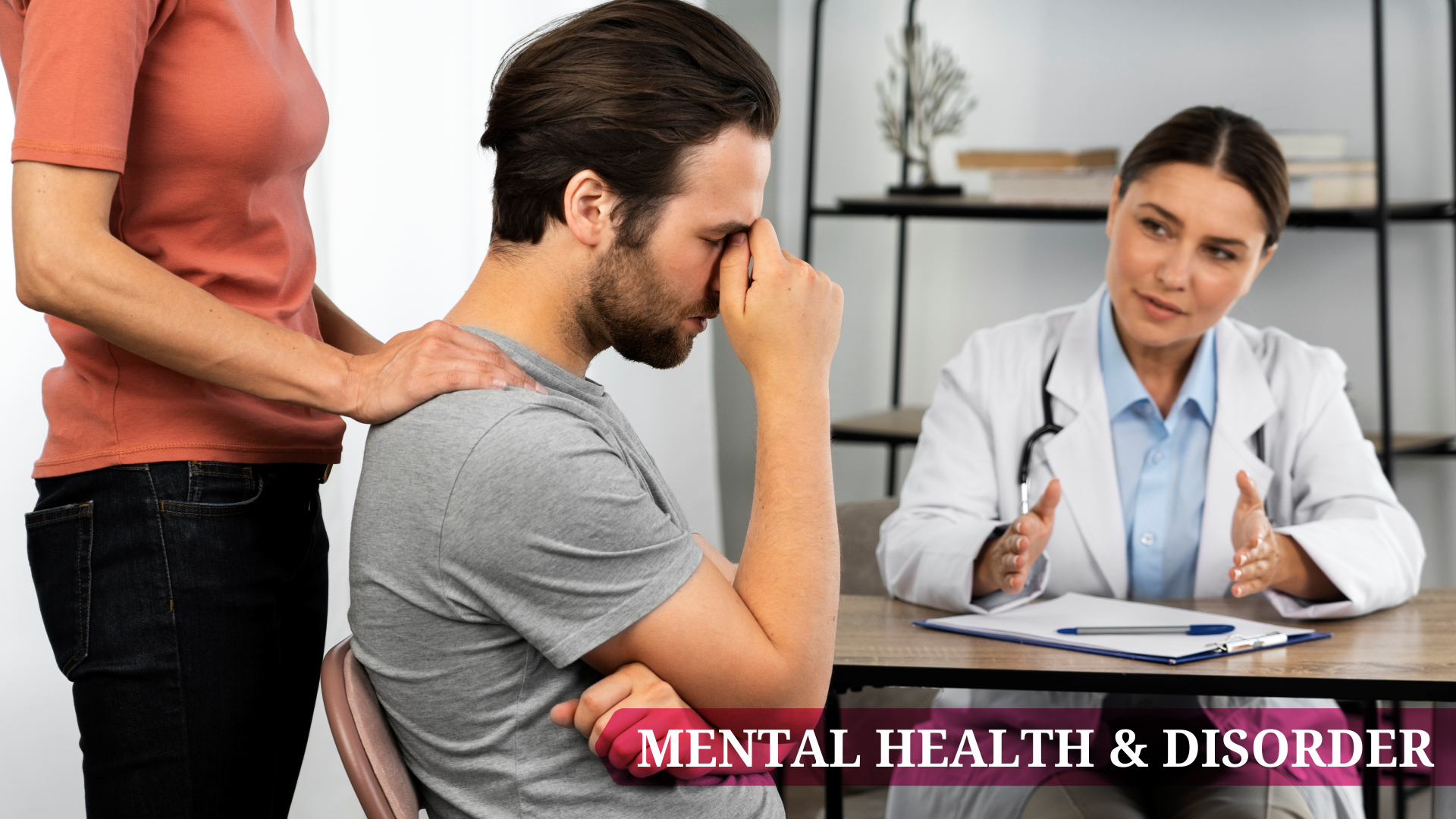Mental Health and Disorder Treatment at Ankur Rehab Centre
Depressive disorder, affecting individuals physically, mentally, and emotionally, disrupts daily life and relationships, causing distress to those affected and their loved ones. However, with adequate support and treatment, relief is attainable for most individuals. It’s crucial to understand that depression is not a sign of weakness and cannot be overcome by mere willpower. Effective treatment is essential for recovery. Untreated depression can persist for extended periods, but with appropriate intervention, most individuals can overcome it and regain their quality of life.
Common Symptoms of Depression
Changes in weight
Excessive sleepiness
Persistent feelings of irritability or sadness
Trouble sleeping
Feelings of worthlessness or guilt
Difficulty focusing
Thoughts of self-harm or death
Depression is recognized as one of the most treatable disorders. Like any other illness, early intervention significantly enhances effectiveness and reduces the likelihood of recurrence.
When addressing depression, consulting a physician is the initial step. The physician conducts examinations and lab tests to rule out medical conditions or medications that may cause similar symptoms. A comprehensive evaluation, including family history, previous treatments, and symptoms’ duration and severity, helps in accurate diagnosis.
After ruling out physical causes, individuals can explore treatment options such as medication and psychotherapy. Open discussions about alcohol, drug use, and suicidal thoughts are crucial during evaluations. Seeking professional help is vital for effective management and recovery from depression.
For some individuals, depression may be transient, with mild forms often resolving fully within two weeks of initiating treatment. However, for others, depression can become chronic, persisting for extended periods.
In cases of chronic depression, a long-term treatment approach may offer the most benefit. Long-term treatment facilities boast experienced psychologists, psychiatrists, counsellors, and other professionals who collaborate to ensure comprehensive care. Long-term rehab for depression provides:
– Group and individual counselling sessions to foster personal growth and a healthy lifestyle
– Access to fitness and exercise facilities to facilitate healing and promote overall well-being
– Relapse prevention skills to support sustained recovery
– Education on repairing damaged relationships for long-term recovery maintenance
Many individuals perceive treating depression as simply meeting with a mental health professional weekly for medication management or having brief therapy sessions once a week. Rehabilitation for depression is rarely considered, with society often associating rehab solely with substance use disorders. However, the reality is that some individuals may require rehab for depression.
Here are signs that indicate you might benefit from the more intensive treatment environment that rehab offers:
– Depression is significantly impacting your career.
– You rely on alcohol or drugs as a coping mechanism.
– Your daily routine feels overwhelming.
– You experience suicidal thoughts.
– You struggle to maintain important relationships.
While outpatient care may be suitable for some, residential treatment is often the best option for chronic depression.


